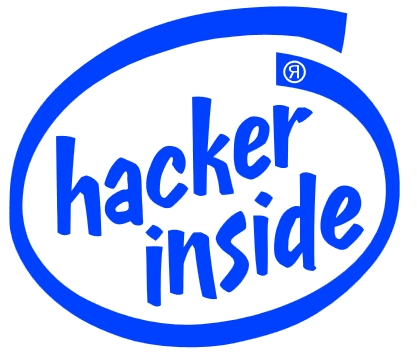
…yes you can and you must be. But serious about what? About your passwords, that’s what. Like many others, I’ve been banging on about passwords for years and years and years. From a company that would put a new laptop on a desk for the user with the password on a post-it note attached to the lid to companies that shared passwords by email to people using easily guessable passwords the whole issue of password security is not going away.
And it’s causing major problems and financial loss.
In 2019, 80% of all data breaches which resulted in financial loss, were the result of compromised passwords whilst IBM have stated that the average cost of a data breach to businesses in 2020 was $3.86m so you can see stealing passwords (and other information) is big business.
But this post is not about the physical stupidities like leaving passwords lying around it’s about the passwords you and I use that are part and parcel of our day-to-day web access.
Every year a company called NordPass* evaluates the latest password data across 50 countries. They get this by examining a database of 4TB of data, all of these passwords have been nicked, stolen, and hacked. These security breaches are the result of hacking, phishing and other “nocturnal” cyber activities.
Passwords, credit card numbers, bank account details, usernames, dates of birth and other details are made available for sale on the Dark Web and this is where NordPass gets their seed data.
The Most Common Passwords 2021
And it seems that in 2021 little has changed. The most common passwords they found were
- 123456 (used a staggering 103 million times)
- 123456789 (46m uses)
- 12345 (33m uses)
- qwerty (22m uses)
- password (21m)
- 12345678 (15m)
- 111111 (13m)
- 123123 (10m)
- 1234567890 (10m)
- 1234567 (9m)
All of the above would be cracked in under one second. That’s how secure these passwords are
Apparently a “stunning” number like to use their own name – “Charlie” being the 9th most popular password in the UK whilst popular music acts and sports also have their own claim to fame. “Onedirection” being popular, along with “Liverpool” whilst in Canada “hockey” was the top sports related password and “dolphin” was number one amongst animal related passwords.

NordPass have mapped the data too and, according to their data 187,219,153 passwords have “leaked” from the UK, that’s an average of 2.785 passwords per capita.
How should you formulate your passwords?
Passwords should be 16 characters or more – a M1xture! of UPPER case, lower case, numbers and characters and should NOT be used for more than one account. They should not use ANY personal information, no address details, no phone numbers, no pets names in fact nothing that can be gleaned from social media and day to day interactions
Challenge to remember? You bet. Difficult to crack? Most certainly. According to How Secure is my Password 45Erp!VBN?1869y& will take 41 trillion years to crack.
I have over 250 passwords that I use so I have to use a Password Manager to store them. I use LastPass but many others are available, including NordPass’ own, and some are free. I suggest, though , that you use one that can synchronise across all of your devices, PCs, Macs, tablets, phones etc so that you always have your passwords with. A good Password Manager will not only store your passwords very securely but should also create secure passwords for you.
Go ahead and test your passwords using their secure tool.
I might not be a cyber security expert – but I know quite a bit and know some very good ones so if you need some help with your cyber security, your SEO or any other element of your online marketing activities then why not kick things off with a free consultancy session, drop me an email or just give me a call on 01793 238020 or 07966 547146.
In the meantime, be safe out here. The World Wide Web can be a dangerous place
*NordPass have a vested interest in password security – they sell a Password Manager
